About Us
We are researchers at the postbaccalaureate, predoctoral, and postdoctoral career stages, and the work we do at the NIH is essential to the institution’s research mission. We are coming together to form a union in order to improve science careers and our experience working at NIH.
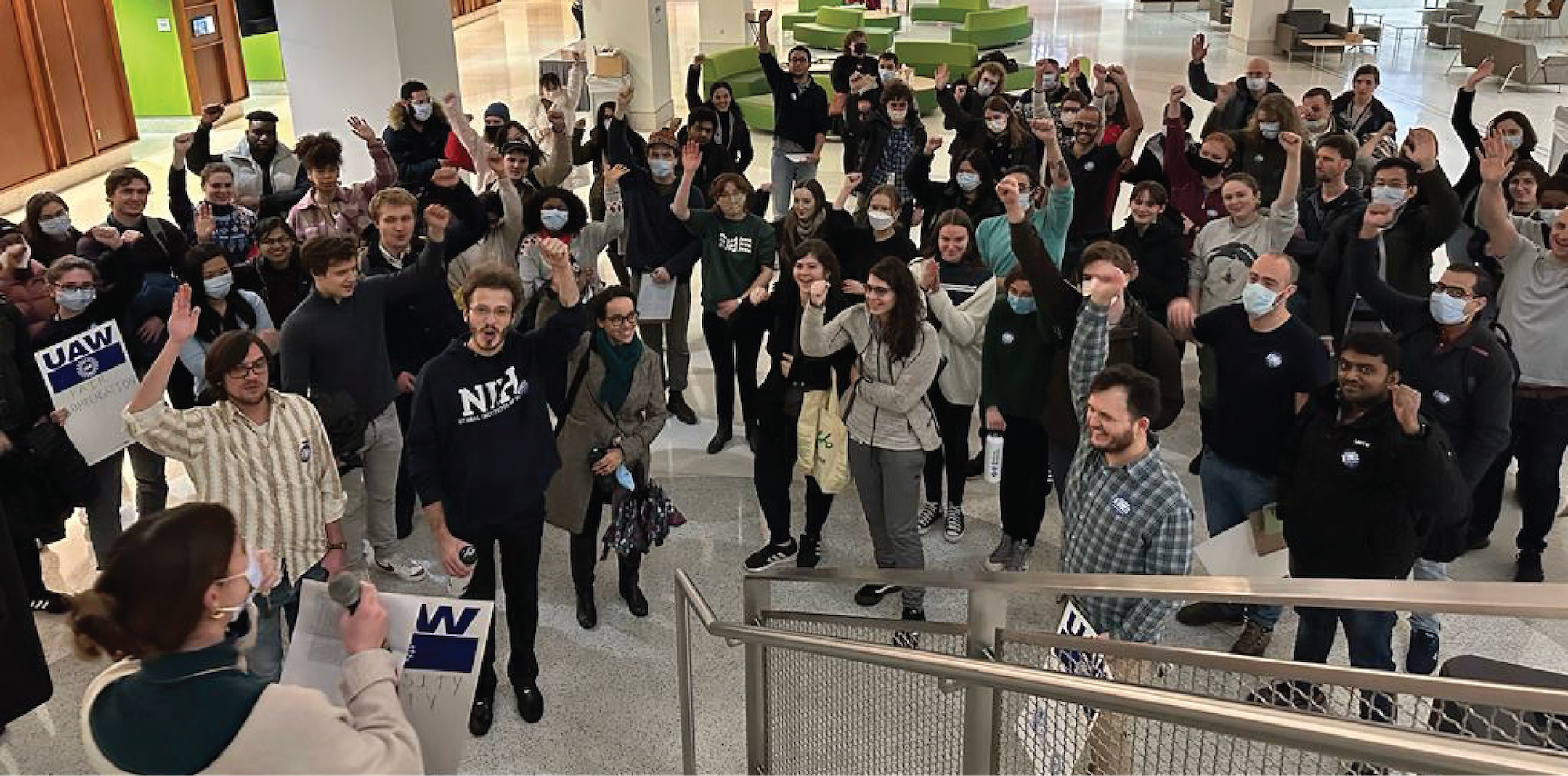

Nana Kusi, NCI
I am a post-bacc fellow in the National Cancer Institute, where I conduct bioinformatics analyses of next-generation sequencing data. I study the mechanisms that control DNA replication and how they can be targeted for cancer treatment. I believe strongly in the principles of collective bargaining and feel that the union will bring greater transparency, equity, and camaraderie to the NIH.

Isabella Jacobsen, NCATS
During my 2-year post-bac at NCATS, I have designed and synthesized small molecules and peptides with therapeutic potential. My time working with NIH Fellows United has shown me the power in organizing scientific researchers. As I applied and was accepted into graduate programs, the presence and structure of graduate student unions strongly swayed my eventual decision on which program to attend. I’m passionate about organizing young scientists so that all future generations of scientists can benefit from fair and equal pay and the ability to curb workplace bullying and harassment.

Dirgha Raj Joshi, NCATS
I am a Visiting Postdoctoral Fellow with the Antiviral Program for Pandemics Team, working to develop an oral drug for COVID-19. I support a fellows union because I believe our collective voice will be heard immediately to make significant changes that are beneficial for us. We need to work collectively for a better work environment, better compensation, good relocation support, easy visa process for foreigner researcher, and easy conversion to another status etc. As the NIH is a center of excellence, we need to set a higher standard so the rest of the world can follow. All things are difficult before they are easy, let’s unite and work together.
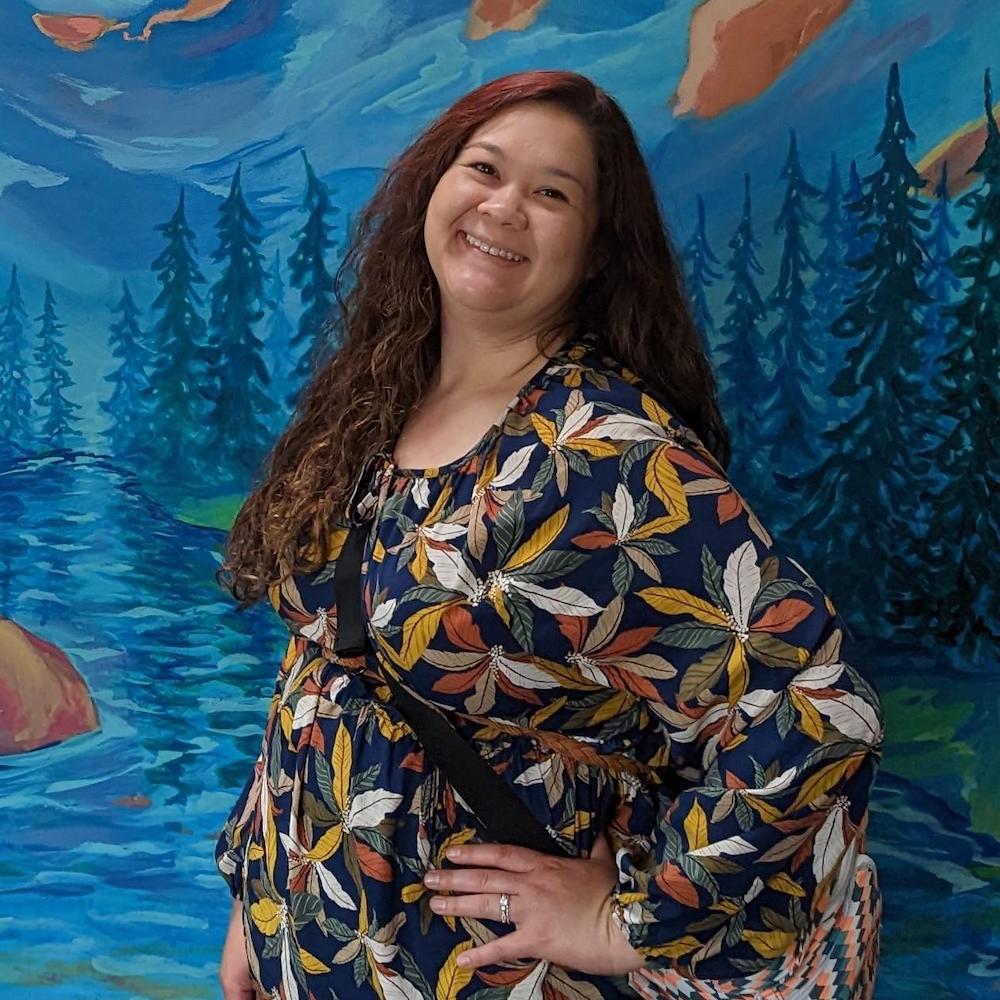
Samantha Crane, NIAID
I am a postdoctoral IRTA studying Borellia burgdorferi and Borrelia hermsii metabolism and physiology. I support a fellows union because I believe fellows deserve a voice in making decisions directly impacting their workplace well being and compensation. As the NIH is a center of world-renowned science, it must lead by example to improve conditions for fellows of all levels to further scientific progress across the world.
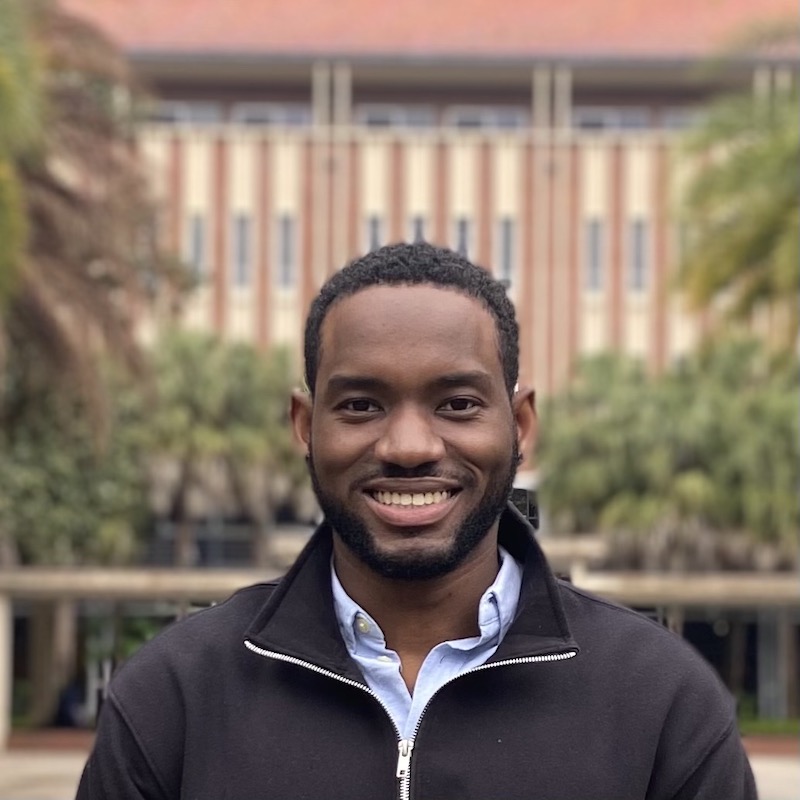
Kyle Patch, Clinical Center
I’m a postbac fellow in the Clinical Center’s Department of Bioethics working on ethical issues related to emerging neurotechnologies and normative questions in drug policy. I support forming a union of fellows because I believe that while junior trainees are an essential part of the academic research enterprise, our voices often go unheard. Collective action ensures that we have the bargaining power to advocate for real change.
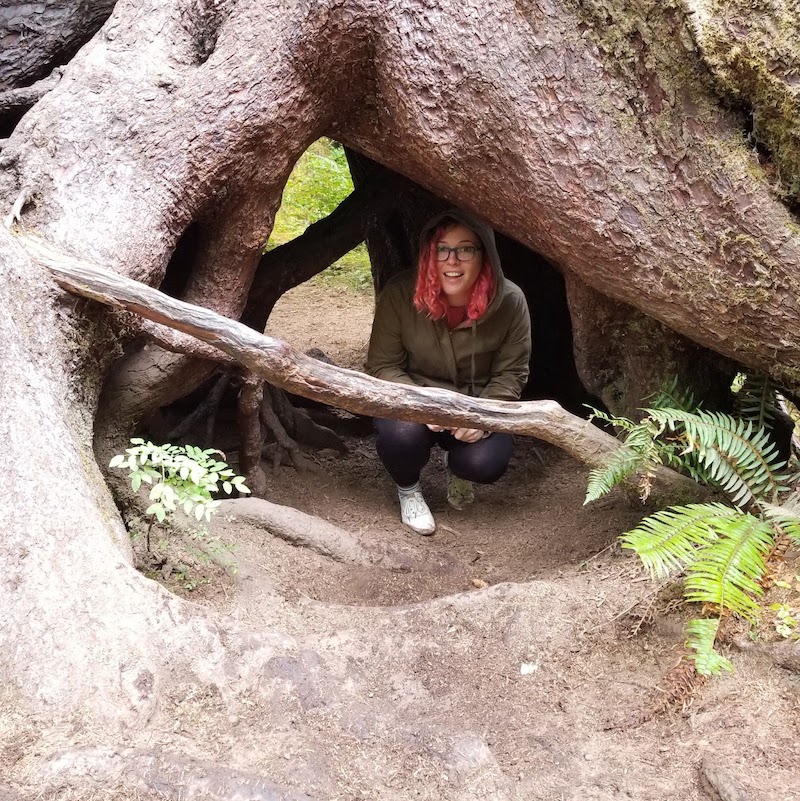
Marjorie Levinstein, NIDA
I’m a postdoctoral fellow at NIDA in the Biobehavioral Imaging & Molecular Neuropsychopharmacology laboratory studying the abuse liability of novel drug therapies utilizing behavioral paradigms, mechanistic neuropsychopharmacology, and positron emission tomography imaging. I support forming an NIH fellows union to fight for better working conditions (such as reasonable hours, compensation, benefits) and improve the lives of fellows. NIH works because we do. Collective bargaining allows us to strengthen worker protections and our collective voice as scientists will influence science policy.

Nicholas Viall, Clinical Center
I’m a postbac fellow in the Clinical Center studying fungal samples from patients with rare genetic conditions that result in increased susceptibility to invasive fungal infections. I support forming a union of NIH fellows because I believe that advocating for our collective interests helps trainees and fellows ensure a more consistent and supportive environment, no matter which lab or department a trainee or fellow is in. This, in turn, can help trainees and fellows contribute to the best of their ability, with as few disruptions and obstacles as possible.
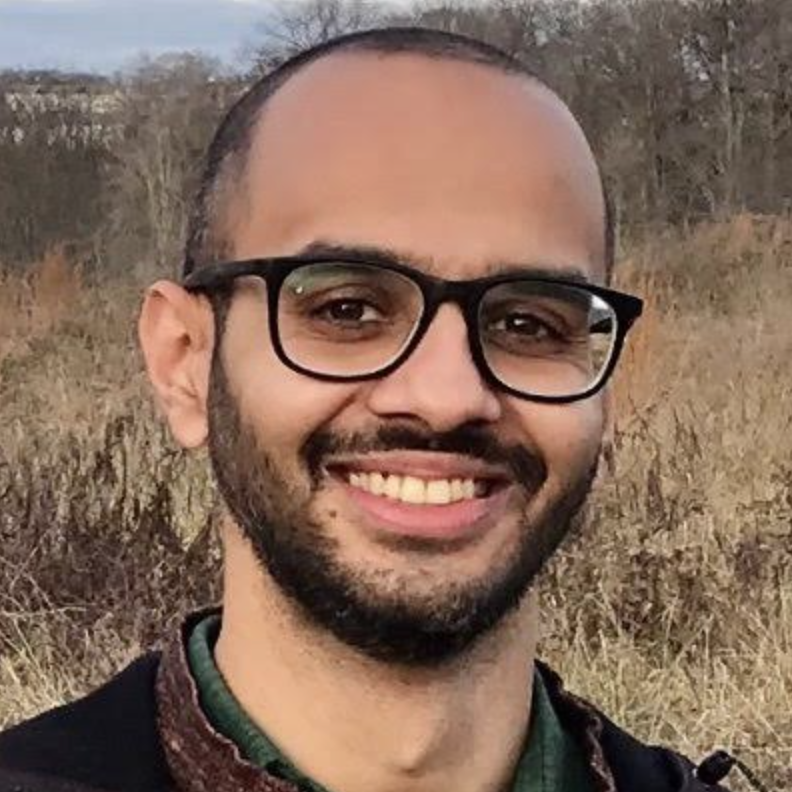
Vishaka Gopalan, NCI
I am a visiting postdoctoral fellow at the NCI who studies tumor heterogeneity. Though I’m lucky to be in a positive work environment, there are many who aren’t. I support a union to help democratically define our ideal work environment in a bottom-up fashion, be they issues of compensation, child-care, immigration, or the myriad of issues that keep us from our science. Many stresses of the scientific process and workplace today arise from policy choices, rather than the intrinsic nature of science itself, and are thus amenable to solution by collective bargaining.
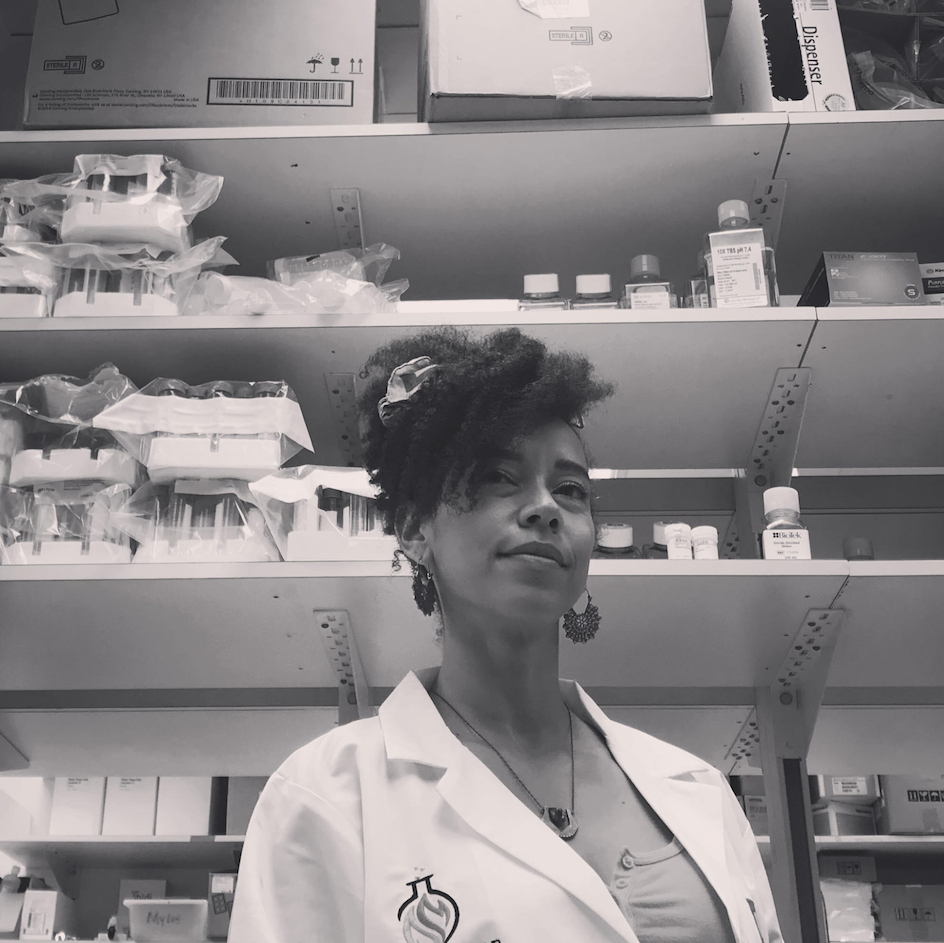
Portia Gough, NIAID
I’m a postdoctoral fellow with NIAID in the Laboratory of Clinical Immunology and Microbiology where I study how commensal microbes support skin homeostasis and modulate immunity. I support NIH Fellows United because I know that, as fellows, our work is foundational to advancing the mission of NIH. Though we are critical to the mission of NIH and spend long hours engaged in scientific investigation of questions central to human health, many fellows unfairly struggle with the lack of protections afforded to us because NIH does not treat us as employees. Collective bargaining would give us the opportunity to advocate for improved working conditions, a fundamental right that all people should have. Unionizing at NIH would have a far-reaching impact for fellows across the US.
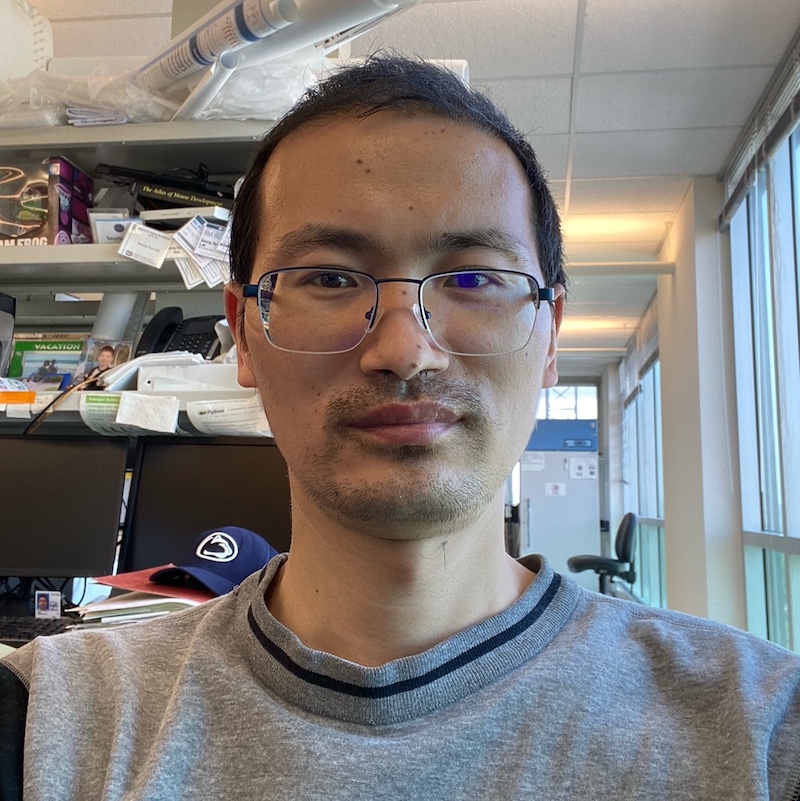
Xingliang Zhu, NIA
I am a postdoc in NIA, studying neuroscience using mouse and cell line models. I support forming a union because I think NIH is a nice place to perform biomedical studies and contribute to promote human health. We want to see a more fair and positive environment (such as visa and research funding) to support our life and studies.

Pete Manza, NIAAA
I’m a research fellow in the Laboratory of Neuroimaging. I study how drugs change brain chemistry and brain function, and how that relates to addiction. I support a NIH fellows union because trainees and fellows drive the groundbreaking research that NIH is known for, and we deserve a voice in the effort for better working conditions.

Jason Cunha, NHLBI
Hello, my name is Jason Cunha and I am a postbaccalaureate research fellow at the NHLBI. I work in a research group at the Framingham Heart Study that primarily investigates the connection between platelet function markers and cardiovascular disease risk. I support an NIH fellows union because I think that it is imperative for all scientists, regardless of their career stage, to have an equal say in scientific policymaking and fair working conditions.
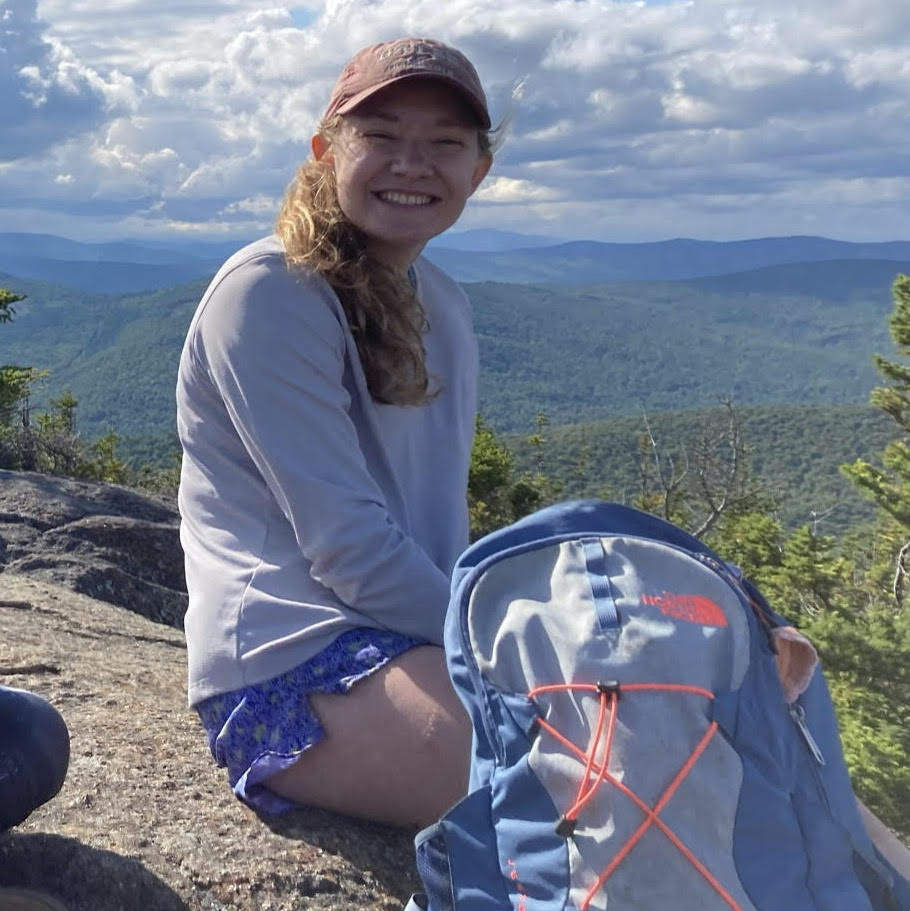
Ashley Pratt, NICHD
I am a postbac trainee whose research aims to understand how regulation of potassium channels impacts neuronal activity and plasticity within the hippocampus. I have had very positive experiences during my time at the NIH, and I believe that all trainees deserve to benefit from the same opportunities. Early-career training is a vital stage in the science career trajectory at which drop-off can occur when individuals do not have the opportunity to conduct research in a safe and supportive environment. I support the formation of a union that would elevate the voices of trainees and work with the NIH to ensure that safe and supportive research experiences are accessible to all NIH fellows.

Siddhardha Maligireddy, NCI/CCR
I’m a postbac CRTA in the National Cancer Institute, studying ways to repair metabolism in models of rare cancers. The National Institutes of Health lead the way as an example of American Science at its best. Likewise, I support forming a union because the NIH ought to lead the way as an example of American Workers’ Rights too.
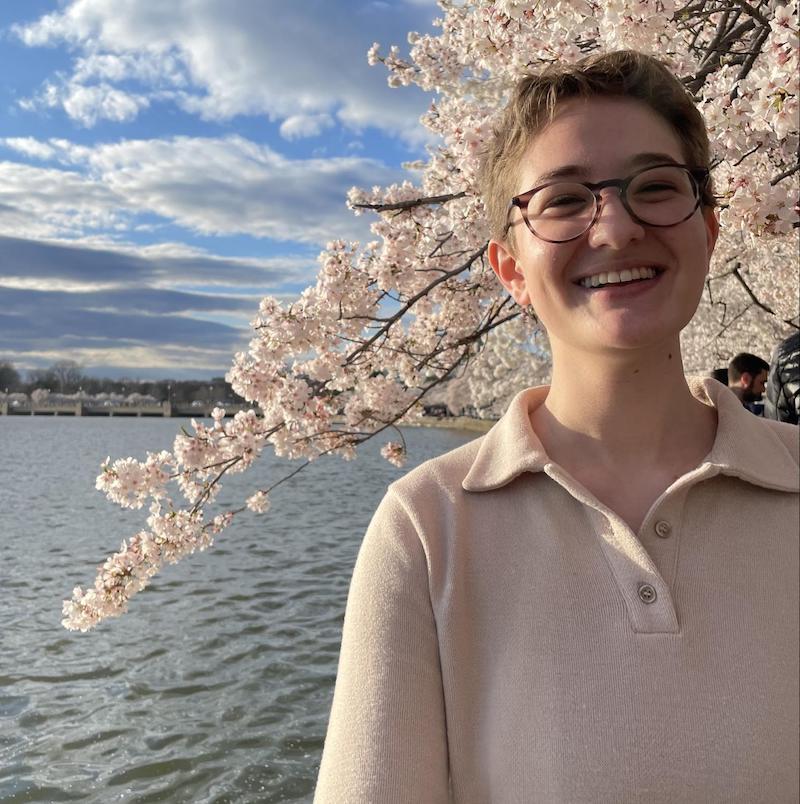
Hannah Geller, NIDCR
I’m a postbac in NIDCR studying the role of pluripotency factors in neural crest development. I support NIH Fellows United because I think all fellows deserve to work in a supportive lab environment like mine. Collective action can help us ensure that all fellows are treated and compensated fairly across all labs and institutes. We already know the NIH is a great place to conduct research – let’s make the NIH an even better place to work.

George Holmes, NICHD
I am a postbac researcher at the NICHD studying neurodevelopment. I believe that unionizing will help provide more equitable and fair compensation for intramural research fellows and allow for open discussion and effective action based on the issues we face. The purpose of C/IRTA stipends should be to alleviate the financial burden of living expenses so that fellows, regardless of background, may focus on research and developing our scientific skills, however the rate of pay has thus far failed to appropriately address rising housing costs leaving some fellows including myself in precarious situations.
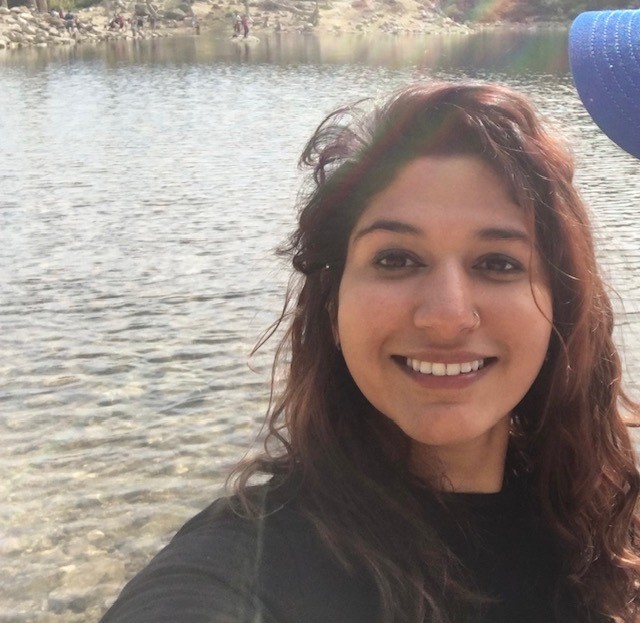
Amena Keshawarz, NHLBI
I’m a postdoctoral fellow with the Framingham Heart Study where I am studying genetic and molecular mechanisms of cardiometabolic diseases. I believe it’s vital that all fellows be represented in decision making and that our experiences and concerns are heard. I support forming a union to ensure transparency, fairness, and work/life balance.
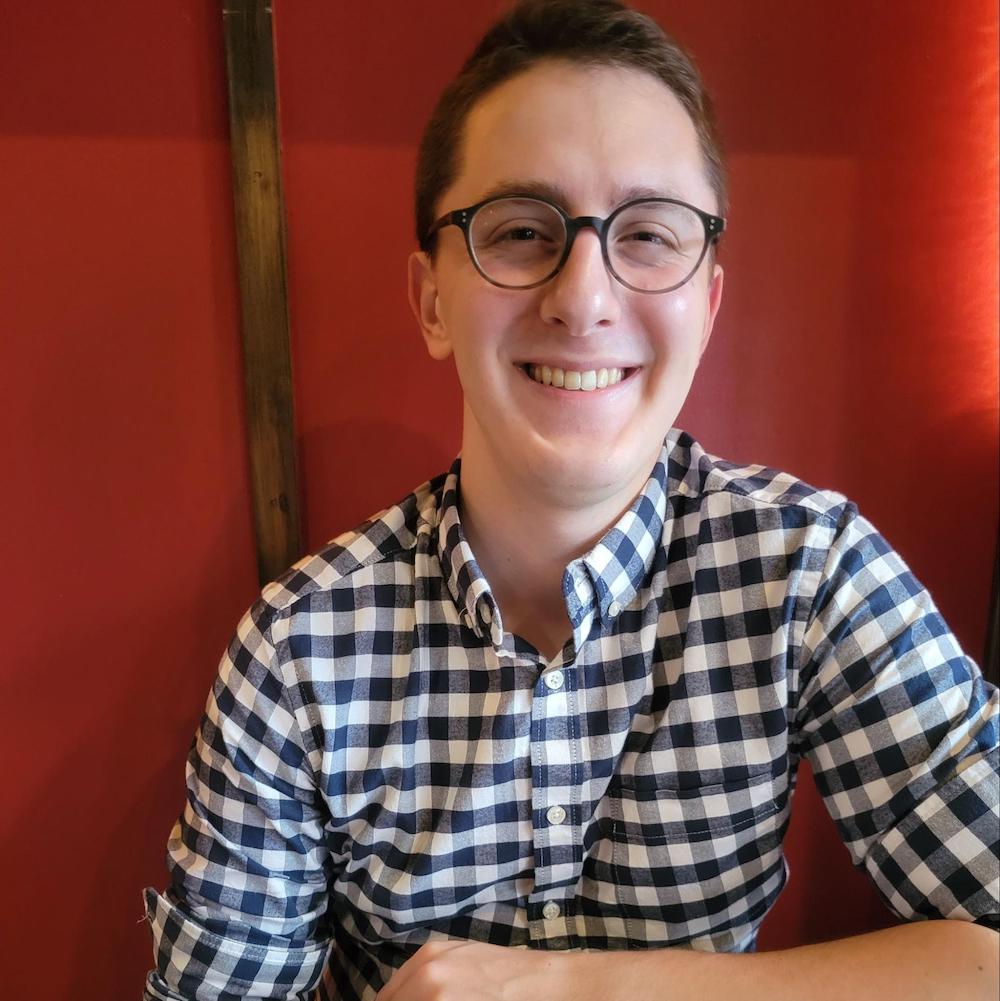
Nicholas Zolnerowich, NCI
I’m a postbac in NCI studying the role of DNA repair mechanisms in the DNA damage response and cell differentiation. I support NIH Fellows United because I think fellows deserve to have an equal say in all aspects of our work which can only happen through the collective action of a union. The NIH sets the standards for great research across the country, so let’s work together to set better standards for labor as well.

Elisa Pasqual, NCI
I am a postdoctoral fellow at the Radiation Epidemiology branch at the National Cancer Institute. I study the epidemiology of thyroid cancer and the health effects of medical radiation exposure in order to better protect patients. I support NIH Fellows United because better working conditions for trainees means better Science. Also, harassment, discrimination, and bullying should not have any place in Academia. No trainee should ever face that. I support NIH Fellows United because all trainees should be treated fairly and receive the right compensation for their work. We can all work together to make academia a better and more inclusive place for everyone.

Margo Williams, NHLBI
I’m a post-bac IRTA fellow in the NHLBI studying clinical outcomes and history across mycobacterial infections and infection control policies. Collective action that centers early career voices is a crucial means of working towards a more just structure of representation, credit, and respect in the formation of scientific knowledge and the provision of patient care. Safeguarding fair pay and working conditions will help us ensure a healthier future for all.
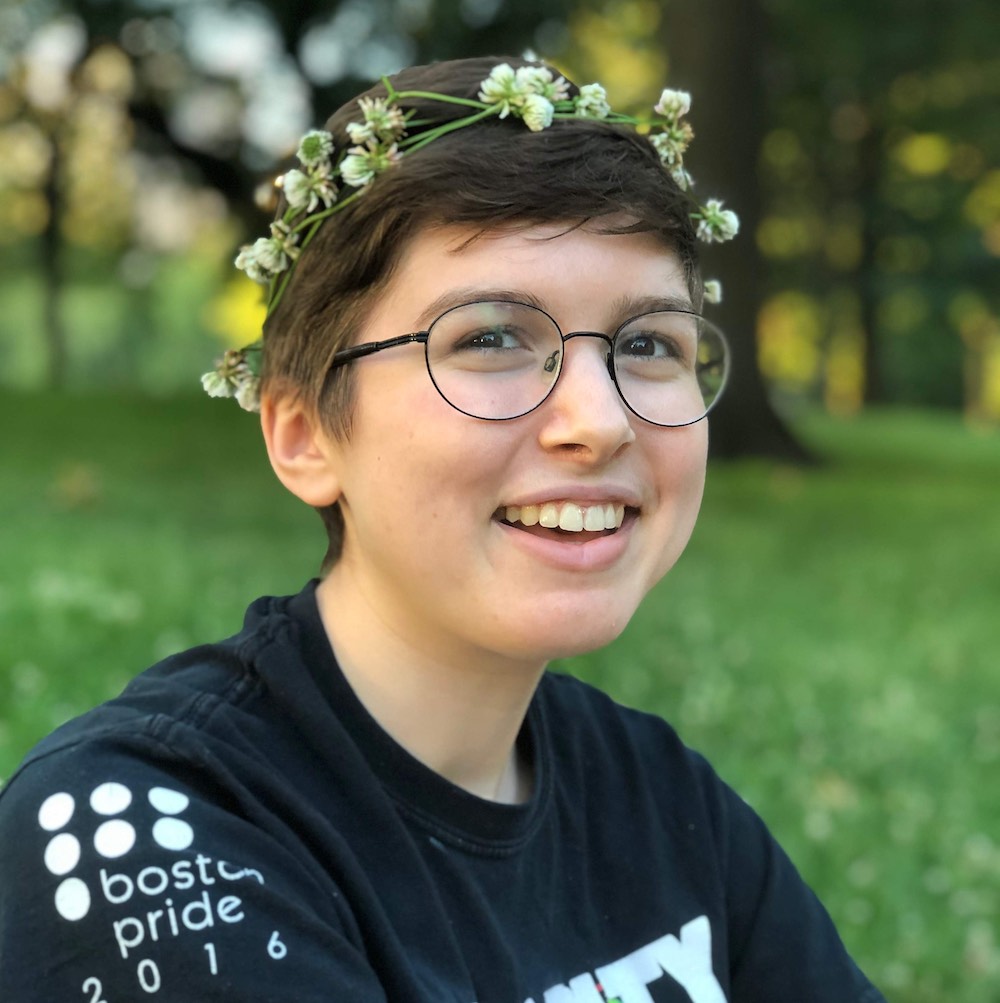
Corinne Marble, NIDA
I’m a postbac fellow at NIDA studying G protein-coupled receptors and their relationship to substance use disorder. I support forming a union of NIH fellows because I believe that fellows deserve a group where we can work in solidarity with each other to campaign for our interests. We deserve a voice in what our working conditions should be, and I believe that collective action will help us achieve better worker protections and will improve the experience of all NIH fellows in the future.
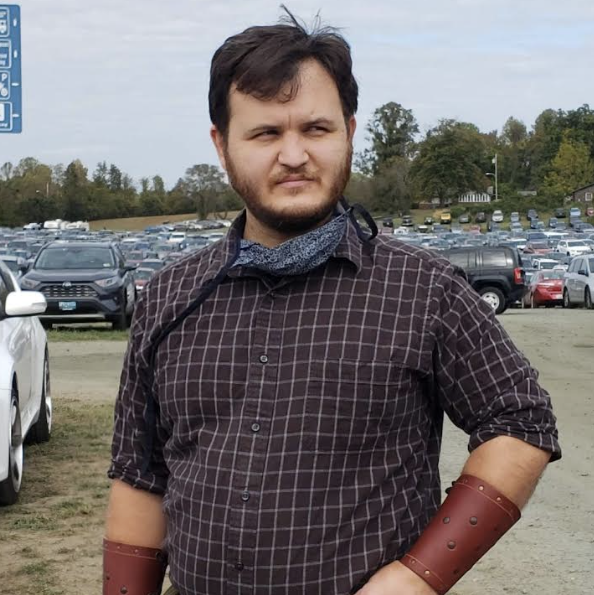
Matt Manion, NICHD
I am a postdoc in NICHD studying factors that affect differentiation of interneuron subtypes. I received my PhD from University of Maryland in January 2022, and I have been at NIH as a postbac/grad student/postdoc since 2013. I have seen what the NIH training programs do very well, and which aspects need work, and I am committed to improving the weaker aspects for all fellows.
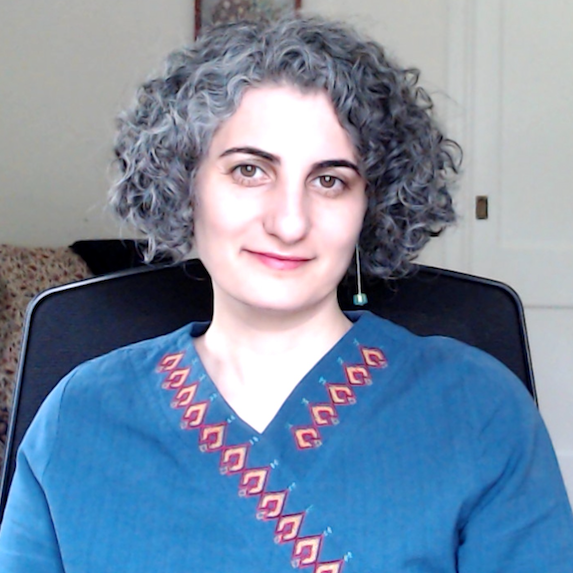
Maryam Vaziri-Pashkam, NIMH
I’m a research fellow at the National Institute of Mental Health. I am a cognitive neuroscientist. I study the neural and computational mechanisms that allow us to interact with objects and other people in the environment. I support NIH Fellows United as I think forming a union is the best way for us fellows to improve our working conditions. If we want reasonable compensation and working hours, and a more supportive and equitable work environment, we need to have our voices heard in the meetings that make the policies that directly affect us.
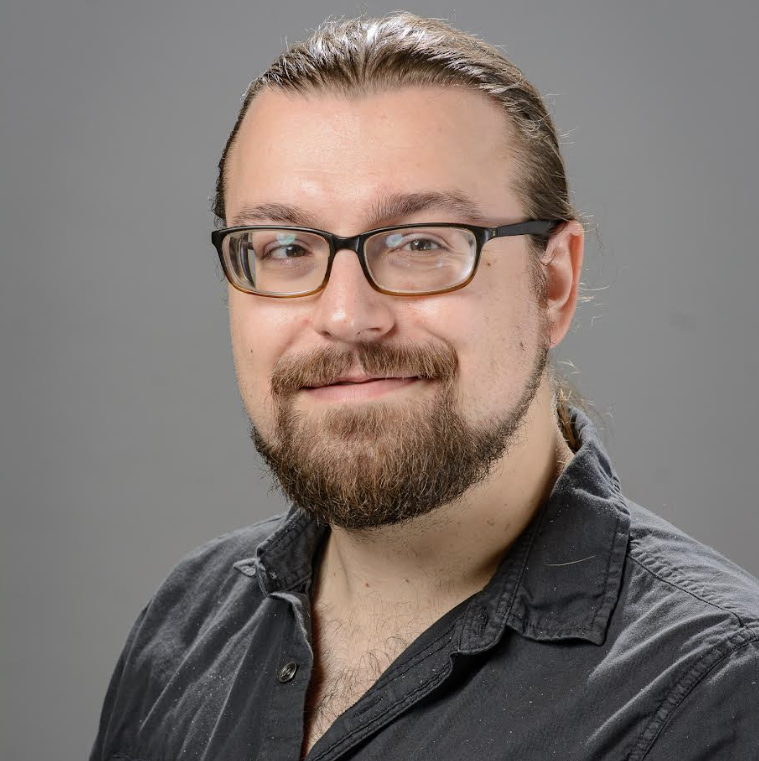
Felix Bartsch, NEI
My name is Felix Bartsch and I am currently a graduate student fellow at the NEI. I am especially excited for the Fellows United efforts because in the vast organizational network of NIH institutes and programs, it can often feel like fellows have the least leverage. Fellows coming together to form a union so that we can bargain as equals with NIH management would be a huge leap forward– it would allow us to have a united front on universal issues such as cost-of-living adjustments in stipends, as well as return-to-work requirements as the Covid-19 pandemic continues. Finally, it would also be beneficial as recourse for fellows when they encounter unexpected bureaucratic or academic problems and don’t know who to turn to.

Tara Fischer, NINDS
I am a postdoc at NINDS studying the cellular and molecular biology of how intracellular quality control systems direct innate immunity. I support forming a union, because I believe that all fellows deserve fairness and equality in their working environments and that this is fundamental for both scientific progress and achieving the mission of NIH. By forming a union, we will gain a voice and the power to effect positive change that will improve working conditions for all fellows across the NIH.
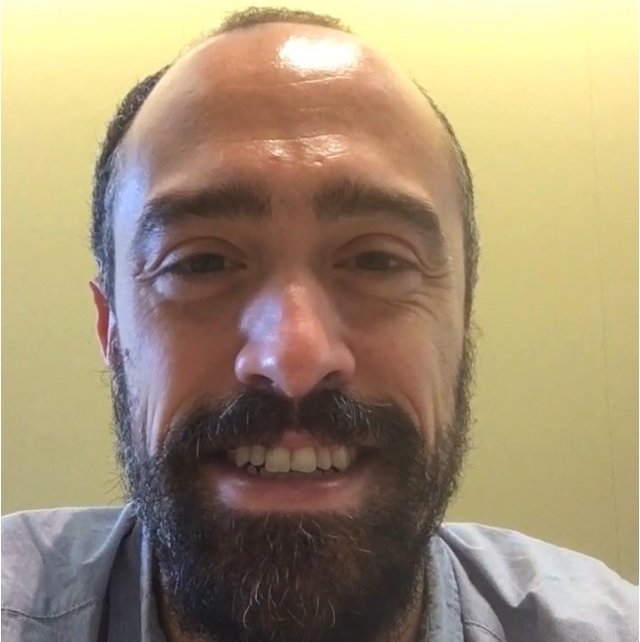
Ulisse Bocchero, NEI
My name is Ulisse Bocchero and I am a visiting fellow from Italy. I work at the NEI and I study the first synapse of the retina, which connects the cells that perceive light (photoreceptors) and the interneurons (bipolar cells) that collect their light responses and convey them to the rest of the tissue for further processing. I strongly support forming a union of all the fellows because I believe that only together we can achieve better working conditions across all institutes and do even greater science at the NIH.

Kendyl Bree, NINDS
I’m a postbac fellow in NINDS working on postmortem magnetic resonance imaging of cold tissue. I support forming a union because everyone should have a voice in issues that affect them. Moreover, the NIH is a leader in scientific research the nation over and should be held to a high standard for working conditions, equity, and accountability.

Uzma Mohammed, NIDA
I am a postbac IRTA fellow at NIDA studying GABAergic, glutamatergic, and serotonergic neuronal networks and their role in driving drug addiction. NIH has given me an amazing opportunity to learn from some of the best scientists in the world. Such a prestigious institution serves as a model for the research community and it should have a union to support the growing number of fellows that support important biomedical research every year. We deserve to have a say in creating our workplace environment and deciding our compensation during our time here. Together, we can forward the notion of work-life balance at NIH and, subsequently, for the rest of the research community in the country.
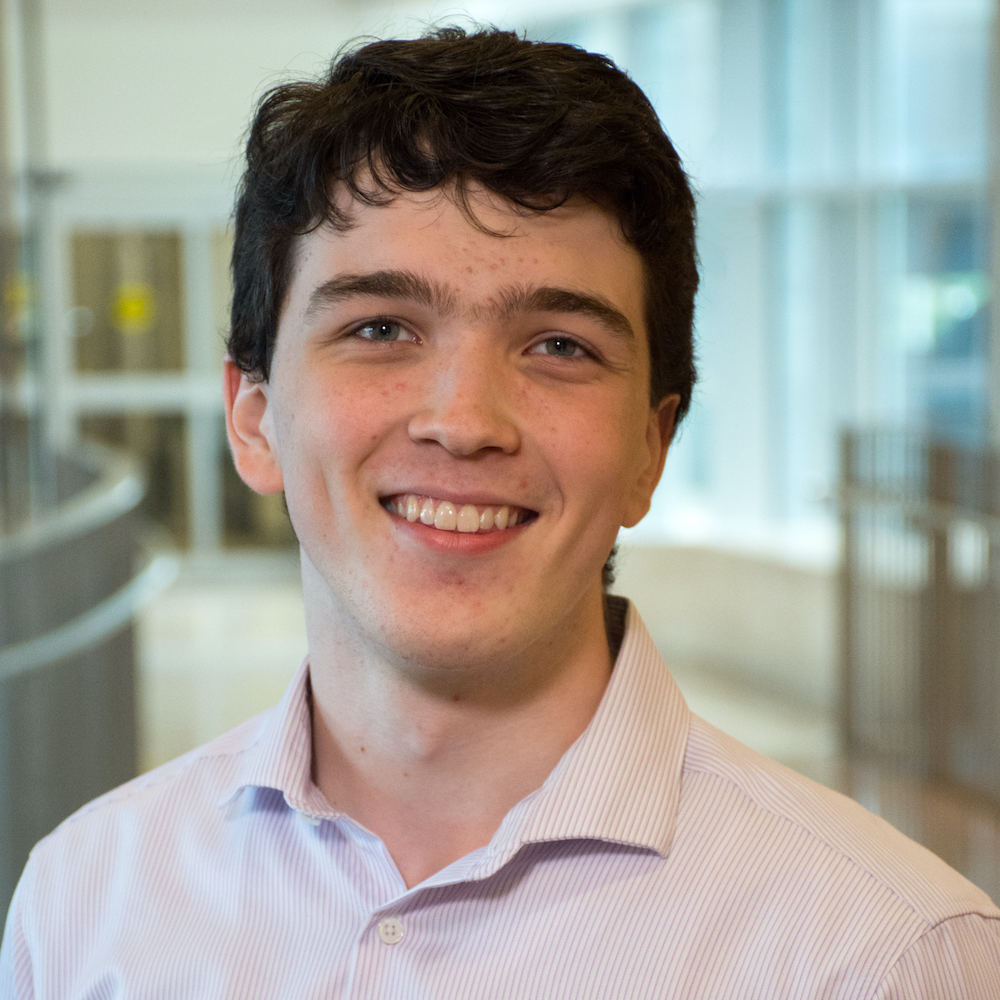
Alex Sathler, NINDS
I’m a postbaccalaureate fellow at NINDS in the Synaptic function section where I study the interplay between energy and synapse formation in axons. Despite skyrocketing worker productivity in recent decades, real worker wages have not enjoyed similar growth (Schwellnus et. al, 2017; Autor et. al, 2008). The primary cause of wage-productivity decoupling: decades-long declining membership and power of unions across the OECD (Stansbury & Summers, 2020; Meloni & Stirati, 2021). I contribute to unionization efforts at the NIH in the hopes that we can achieve greater power for NIH fellows and to add to the greater labor movement’s work to better conditions for workers everywhere.
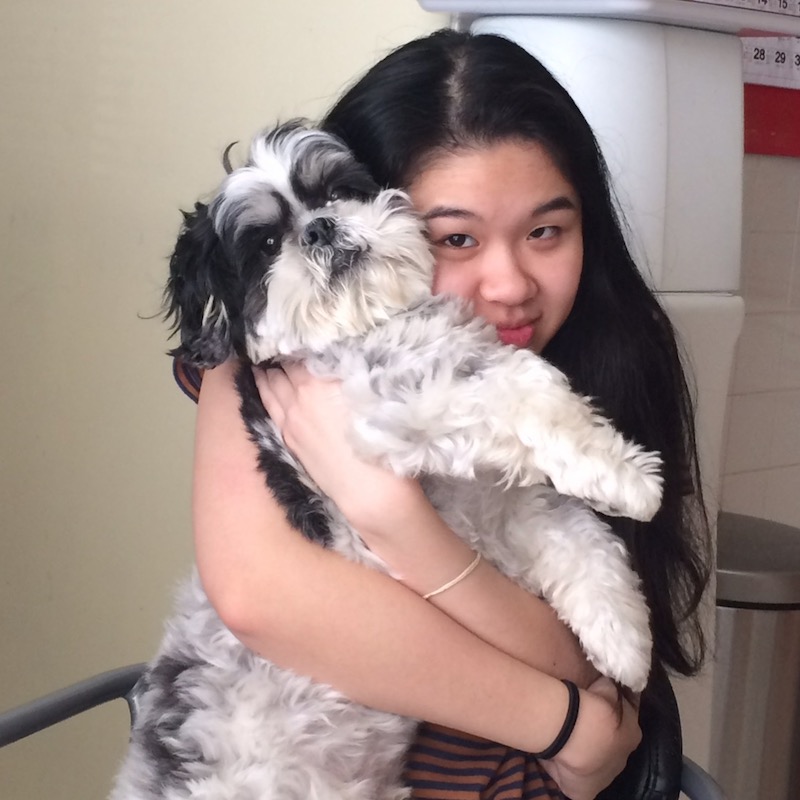
Stephanie Pham, NIMH
I am a postbac IRTA fellow at NIMH studying neurocognitive and psychosocial development in children diagnosed with rare genetic and metabolic disorders. As early career researchers and junior scientists, fellows serve an integral role in the scientific workforce at the NIH and deserve to have a voice in their working conditions and the issues and policies that affect them directly. Through collective action and bargaining, fellows can together advocate for a safe and equitable work environment, strengthen worker protections, and foster positive, lasting changes in the academic work environment at the NIH.

Travis Kinder, NCATS
As a post-doc and then research fellow at the National Center for Advancing Translational Sciences, I’ve been taught the importance of collaboration and team science. However, fellows don’t have any voice or power in this institution, so it feels like we’re cheap labor rather than equal members of a team. The changes we need at the NIH and in the world cannot be done alone but require us to work collectively. It has become abundantly clear that we need to form a union as an alternative institution of power because the current political and economic systems do not work for us, but for the wealthy. We should not only strive to have a democratic government, but also a democratic workplace, as that’s where we spend most of our waking lives. With our union, we will democratically work with the NIH to improve our workplaces, training experiences, and therefore our lives.

Adit Sabnis, NINDS
I am a postbac in NINDS studying neuron-glia interactions & neurovascular coupling in the visual system, and I’ll be starting my PhD in neuroscience in the fall. I support NIH fellows forming a union because I think the NIH is a truly incredible place to conduct biomedical research and provide hope for those facing debilitating medical circumstances. I’d love to see it fly even higher in its goals by building more fair and equitable conditions for fellows!

Andrew Sedlack, NIBIB
I’m a postbac IRTA in the National Institute of Biomedical Imaging and Bioengineering studying hypoxia in the tumor microenvironment. Although fellows and trainees make up most of the scientific workforce at the NIH, they have limited if any influence on the administration. I believe forming a union is the best way to ensure that fellows at the NIH have a voice with which to work towards a safe and equitable working environment.
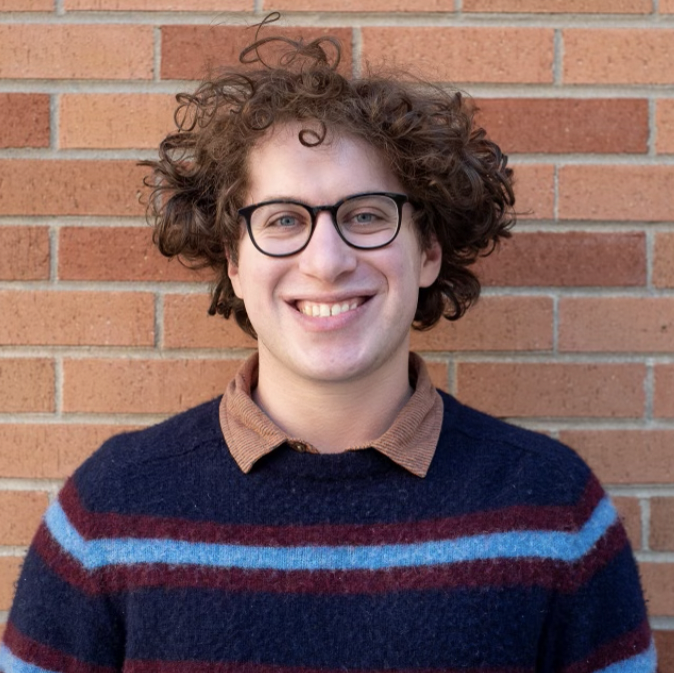
Jacob Zionts, Clinical Center
I’m a fellow in the Department of Bioethics. As a researcher, I think about the relationship between population ethics, reproductive health, and priority-setting. As a member of the Bioethics Consultation Service, I help all members of the NIH community think through and respond to the ethical issues that arise in patient care and biomedical research. I support NIH Fellows United because fellows deserve better compensation and more consistent hours. And we have the best shot at getting the working conditions that all of us deserve when we act collectively.
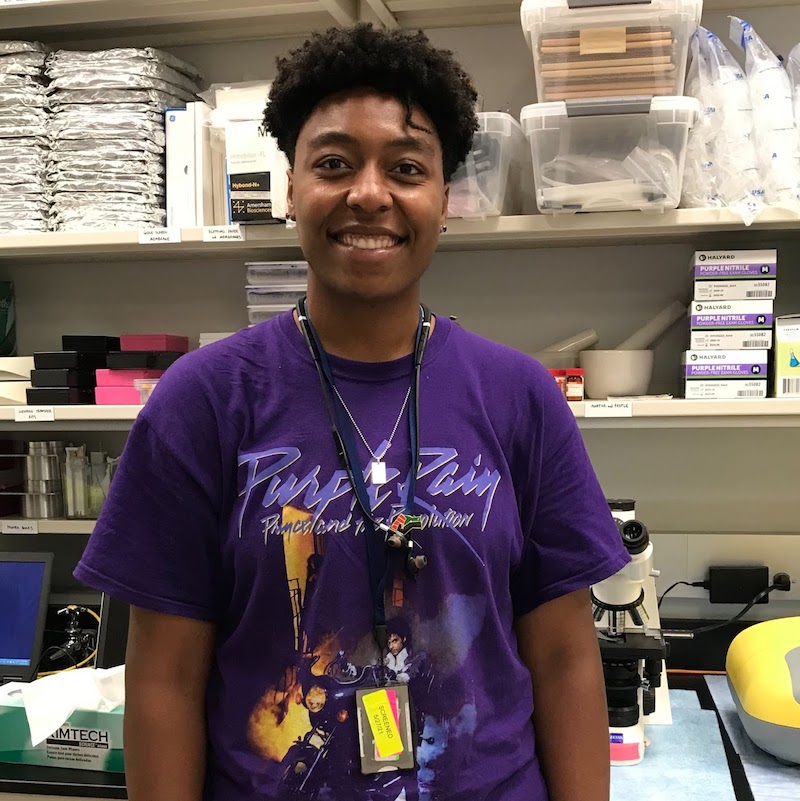
Kyla Roland, NICHD
I’m a postbac IRTA fellow in the NICHD studying the effect of stress on DNA elements in eukaryotic cells called transposable elements. I want to form an NIH fellows union to increase our power and decision making ability as fellows and trainees at the NIH. We deserve to have a say in our working conditions, work environment, and to have a healthy work life balance. Creating a union gives us the ability to make positive, lasting changes that will improve science professions nation-wide.

Sarah Jo Sleiman, NIEHS
I am a postbaccalaureate IRTA fellow at the National Institute of Environmental Health Sciences in the Neurobiology Laboratory where I investigate the development of hippocampal area CA2 under pharmacological influence. Fellows deserve respect, representation, and protection. Forming a union would be instrumental to our training as budding scientists to ensure that our concerns are not only getting heard, but are being addressed. I support the formation of NIH Fellows United in providing proper guidance financially, support mentally, and taking complaints against abusive investigators literally. Let’s help each other advance science by first breaking down the outdated cycle of perpetuating generational abuse that continues to plague these training opportunities and rob fellows of proper recognition, safety, and compensation.

Kathy Xie, NINDS
I am a postbac fellow at NINDS studying post-stroke cognitive impairment and dementia. Right now, trainees and fellows do not have a platform that is commensurate with the integral role we play in NIH research activities. I support NIH Fellows United because fellows deserve fair working conditions, compensation, and resources across institutes. Collective action sets a strong foundation for positive and sustainable change.
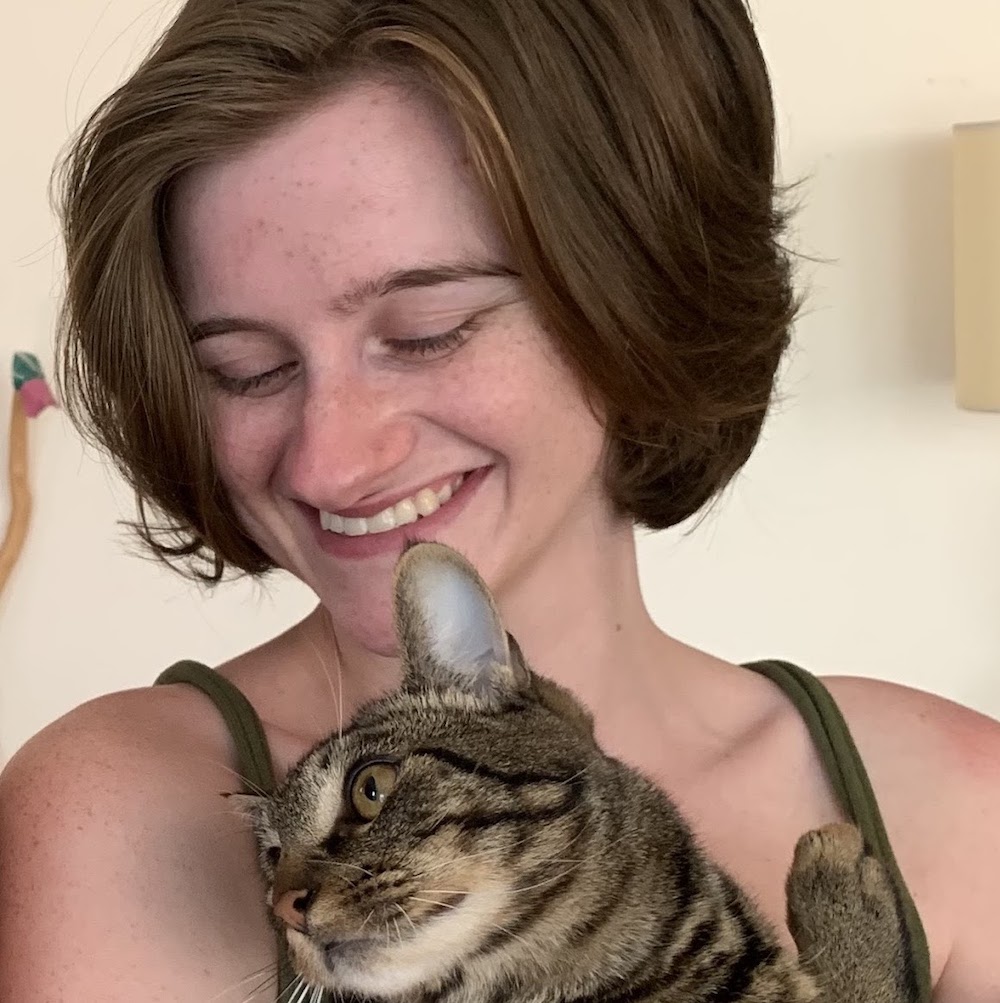
Eleanor Goulden, NCCIH
I’m a postbac fellow at the NCCIH. My research focuses on the neurological correlates of pain and effort in Post Covid. I support forming a union of NIH fellows because I want to improve the lives of junior scientists. Trainees are an important part of the scientific ecosystem and improvements in our work lives lead to improvements in the research. Fellows should be given fair and equal pay and resources across institutes, regardless of research topic.
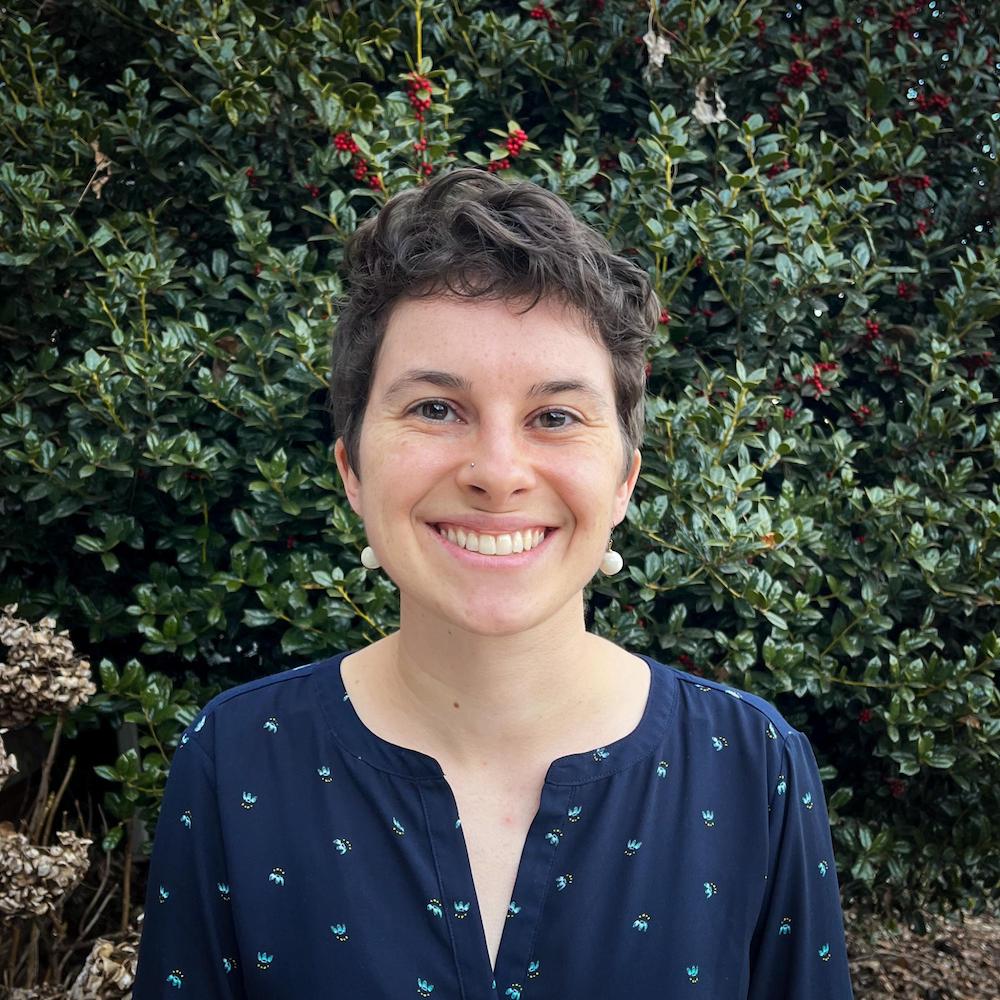
Alyssa Luz-Ricca, NIMH
I’m a postbac fellow in NIMH studying the neural mechanisms of motivation and reward. I support forming a union because the NIH couldn’t operate without the contributions of research fellows at every level, and yet research fellows generally have the least amount of worker protections. We deserve to be compensated fairly for our work and to have a say in our working conditions. With collective action, I believe we can make these changes happen.
